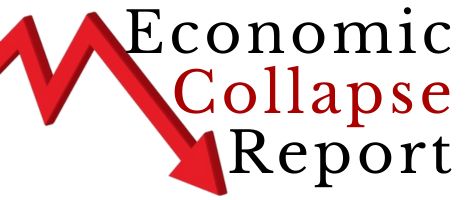Reports of the impending death of the Environmental, Social, and Governance (ESG) movement have been greatly exaggerated.
While several sustainability-minded companies and Wall Street firms have recently adopted a lower ESG profile due to the public backlash, this is largely a tactical retreat until the government provides air cover. Financial regulators are now riding to the rescue, passing rules that make the entire climate-focused ESG system compulsory and prescriptive.
In March 2024, the Securities and Exchange Commission (SEC) issued final climate disclosure rules that require every large U.S. corporation to report in detail all the climate-related physical and transition risks faced by their businesses, along with the size of their carbon footprints.
The new SEC rules will force the management of all reporting companies to act as meteorologists and disclose every conceivable weather impact to their businesses over exceedingly long investment horizons, thereby reinforcing the climate change narrative. They will also discourage investment in the traditional energy sector by highlighting the outsize regulatory, litigation, contingent liability, and reputational risks now facing the industry due to government climate policies.
However, rather than de-risking the financial markets by improving disclosure for investors as promised by the SEC, the agency’s new rules will have the opposite effect. By imposing a climate test on all issuing and investing companies—basically, every financial market participant in the U.S.—the SEC’s goal is to help force the clean energy transition by stigmatizing carbon-emitting industries in general and specifically redirecting capital flows away from fossil fuel producers.
The SEC’s climate disclosure rules are part of the federal government’s coordinated climate plan and the latest piece in a sweeping regulatory attack on the oil and gas industry since President Biden took office. Defunding oil, gas, and coal companies arguably represents one of the most effective ways to shrink domestic hydrocarbon supply and cut national emissions. […]
— Read More: wattsupwiththat.com


